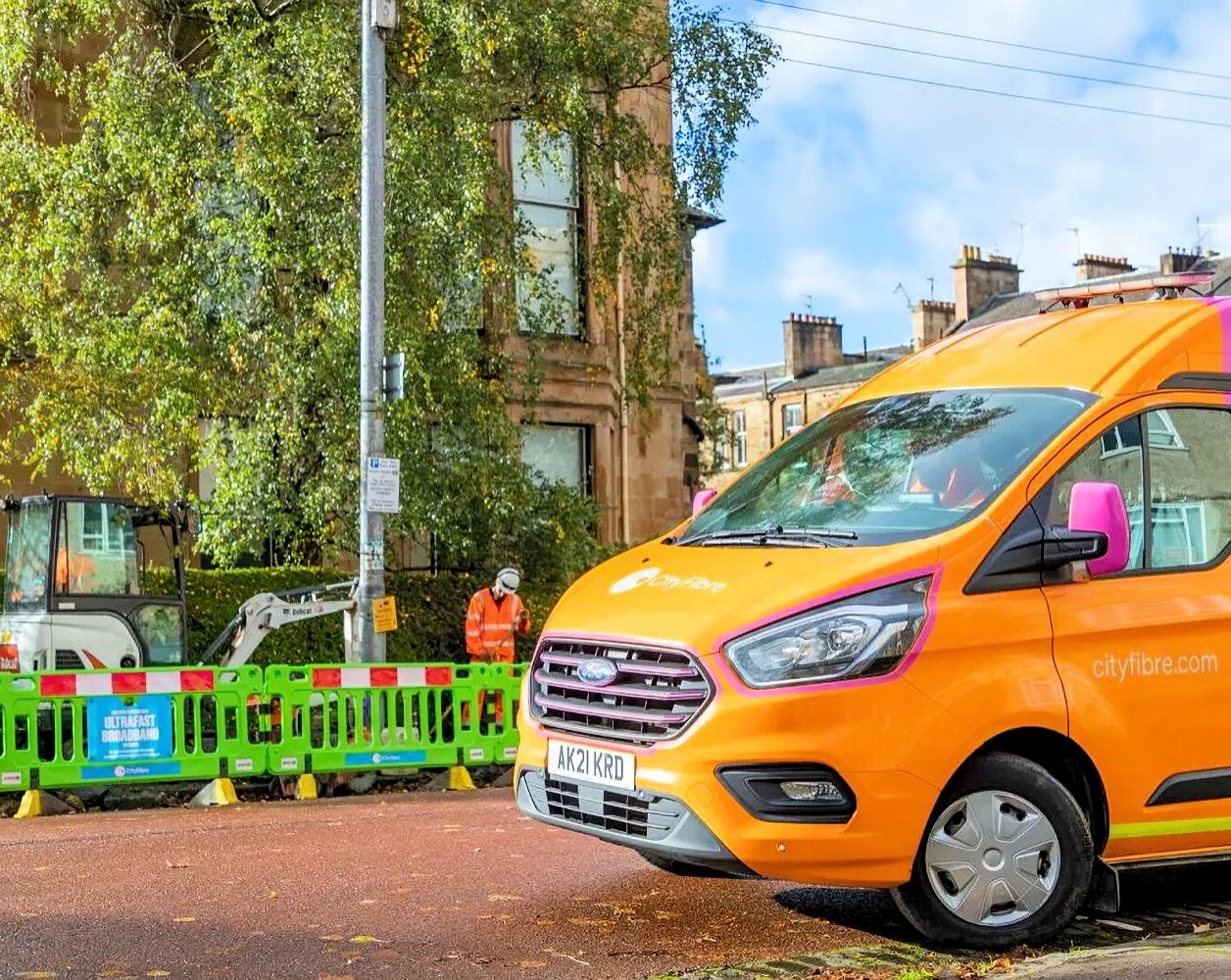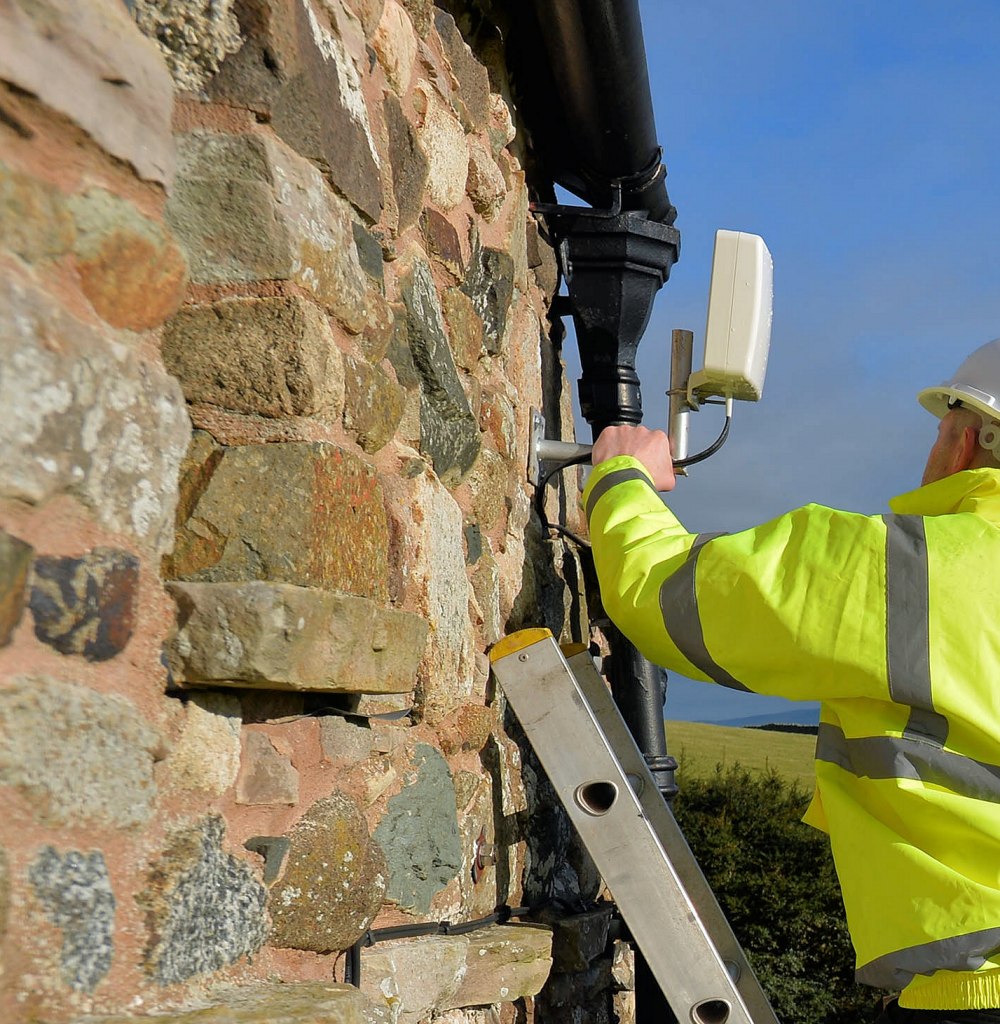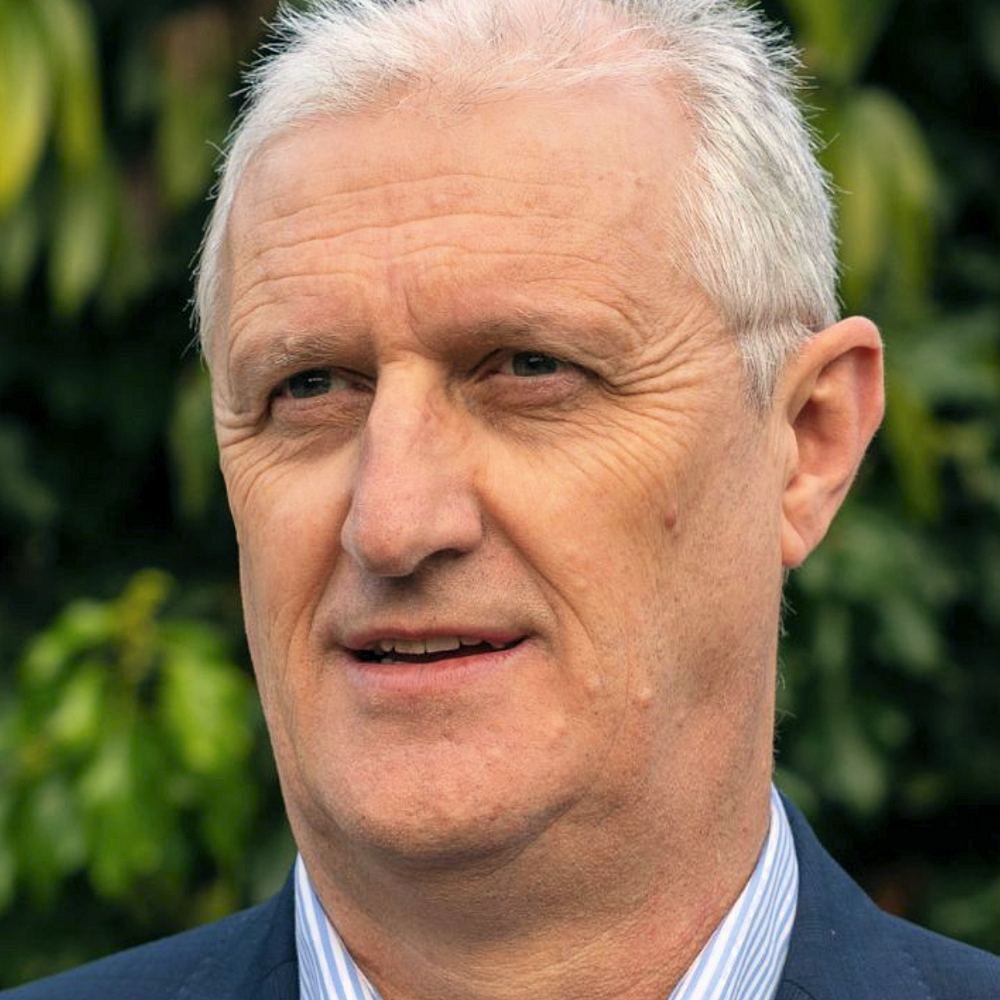MPs Warn UK Gov’s 5G Diversification Strategy Lacks Clear Targets

The cross-party UK Science and Technology Committee has warned that the Government’s 5G Supply Chain Diversification Strategy, which aspires to ensure that mobile operators have a better choice of suppliers after Huawei’s ban, lacks “clear milestones” and detail. The strong focus on OpenRAN is also not “guaranteed” to succeed.
A number of mobile operators, particularly EE (BT), Three UK and Vodafone, which were hit hard after the Government’s U-turn in July 2020 to ban “high risk vendor” Huawei from future 5G networks (here and here). The move was expected to delay completion of the 5G rollout by 2-3 years and add costs of up to £2bn to operators (e.g. BT alone expects to take a £500m hit).
The decision also left operators with only a few viable supplier choices, with Nokia and Ericsson being the most common picks due to their scale and established infrastructure. But fewer suppliers does not make for a very competitive market, which also tends to mean higher costs for operators.
In response the Government launched a new 5G Supply Chain Diversification Strategy – backed by £250m, which was intended to outline the Government’s approach to building a resilient, open and sustainable supply chain. “This will tackle the issues of overreliance on vendors and pave the way for better connectivity to improve people’s lives with lightning fast connections speeds and revolutionary data carrying capacity,” said the DCMS.
Prior to that the Government had already established a new Telecoms Diversification Task Force, which is being led by Ex-BT CEO and former trade minister, Lord Ian Livingston. The job of this task force is to explore how to help incentivise research and development of Open Radio Access Networks (OpenRAN), among other things. A number of related pilots (here) have already been unveiled and most of the major mobile operators have trials (example).
Despite this, the Select Committee’s new report warns that the Government’s strategy “does not” provide enough detail on how the £250m “initially allocated to it will be used or set out clear milestones or timeframes for achieving the Government’s goals.”
Report Statement
In the short term, the Government is seeking to diversify the UK market by attracting existing vendors from other markets. In addition to considering the case for transitioning away from 2G and 3G technologies — which is not a short-term solution — we conclude that the Government should propose measures within the next six months to address network operators’ preference for vendors to offer older generation technologies with their 5G equipment. For example, the Government should consider incentivising or mandating standalone 5G deployments and/or the use of protocols such as the Open X2 interface.
In this Report, we find that the Government is right to support the development and adoption of open standards and increased interoperability as a potential means of diversifying the telecommunications equipment vendor market. We also conclude that it is right to identify Open RAN as a prominent approach to achieving this, but not the only one.
However, neither the success of Open RAN or any related efforts, nor the positive impact on overall telecommunications security if these efforts are successful, is guaranteed. The Government must not, therefore, assume that open standards and interoperability will inevitably be adopted nor that they will have the desired effect, and should pursue a range of measures designed to support market diversification and increase security.
The committee goes on to recommend that the Government should publish, within three months, a more detailed action plan. Given the current lockdown, that seems rather unlikely to happen. Naturally, the report also includes a long.. list of recommendations, which we’ve pasted below. The full report is here (PDF).
Recommendations
— Given the scale of the challenge and the urgency of the threat, the Government should publish, within three months, a more detailed action plan for implementing its diversification strategy. This should include a breakdown of how the initial budget will be spent and a series of milestones with target dates for completion.
— In addition to considering the case for transitioning away from 2G and 3G technologies, the Government should propose measures within the next six months that could facilitate market entry by existing vendors in the near-term. It should consider options for addressing the barrier of operators’ preference for vendors to offer older generation technologies with their 5G equipment, such as incentivising or mandating standalone 5G deployments and/or the use of protocols such as the Open X2 interface.
— The Government should support Open RAN and other efforts to drive the adoption of open standards and greater interoperability. While the success of Open RAN is not guaranteed, the Government should encourage the deployment of Open RAN to ensure that the UK is not behind others in deploying this technology. However, it must continually ensure that support for these efforts is consistent not only with increasing vendor diversity but also with improving the overall security of the UK’s telecommunications networks. Further, the Government must not assume that open standards and interoperability will inevitably be adopted nor that they will have the desired effect, and should pursue a range of measures designed to support market diversification and increase security.
— The Government should evaluate these initiatives and report regularly on what lessons can be learned from foreign experiences to inform the UK’s strategy for diversifying the vendor market and improving telecommunications security, with an initial report within the next six months.
— Following consultation with industrial and other stakeholders, the Government should report on the required scale and specification of the National Telecoms Lab, to ensure that network operators trust the equipment that it validates for integration into their networks.
— The collaborative research and development networks that the Government seeks to develop to support diversification of the telecommunications market should encompass relevant groups at universities and research institutes as well as small- and medium-sized enterprises and large companies. The Government should aim to actively co-ordinate the research and development that it supports so that participants work towards clearly-defined long-term objectives. Existing and newly-established public research facilities should be set up to support this goal.
— In addition to conducting security testing and validation, the Government should ensure that the research and testing facilities established through the diversification strategy also drive market diversification by stimulating collaboration and supporting the development and commercialisation of new technologies.
— The Government should align its strategy for diversifying the 5G vendor market with its support for rolling out 5G network coverage. Wherever the Government provides funds for expanding 5G coverage, it should look for opportunities to simultaneously support vendor diversification, for example by requiring the use of open standards. The Government should identify opportunities to support new market entrants scale their production by supporting the deployment of novel small-scale 5G deployments. It should provide details of planned measures to support diversification and expand 5G coverage in its Industrial Strategy.
— In its response to this Report, the Government should provide more details on how it intends to address the barriers brought about by intellectual property rights, and update us on early progress made against this goal.
— The Government cannot rely solely on removing barriers to market entry to diversify the telecommunications vendor market, but must also ensure that network operators actively pursue diversification and act to maintain the diversity achieved. This will require a combination of incentives, measures to reduce operator costs, and regulatory requirements. For example, the Government could introduce business rate relief on mobile mast deployments. In order to provide certainty to the sector, the Government should publish within three months of this Report the measures it is considering to incentivise and require network operators to diversify their suppliers, with an indicative timetable for implementation.
— Ofcom must ensure that it pursues both of its principal duties and guarantees the security of the UK’s telecommunications infrastructure as well as furthering the interests of consumers. The Government should consider the case for updating its statement of strategic priorities for telecommunications, to emphasise the importance of Ofcom’s duties relating to telecommunications security.
— The Government should seek to establish a dedicated, standing forum for international co-operation on diversifying the telecommunications market, encompassing as many like-minded countries as possible and covering aspects including: research and development; adoption and deployment; standards; and overall strategy. This should not be based on existing intelligence-sharing coalitions. The Government should set out in its response to this Report, how it intends to achieve this, a timetable for establishing such a forum and what progress it has made to date.
— The Government must treat the current issues in the UK’s 5G vendor market as an indication of a much wider geopolitical, technological challenge. The character of the UK’s response, and that of other like-minded nations, will have profound implications for future decades and beyond. We urge the Government to address this seriously, comprehensively and without delay. We recommend that within twelve months, the Government should develop and publish a White Paper setting out its assessment of the current extent of and future potential for global technological divergence, the anticipated consequences of such divergence and how it intends to address the challenges this poses.
— As part of its White Paper on global technological divergence, the Government should develop a critical technologies strategy that identifies technologies that are likely to be of critical importance to the UK’s prosperity and security over the next ten to twenty years. This strategy should assess the potential opportunities and risks of these technologies, and propose measures to seize those opportunities and mitigate those risks. It should align with other relevant strategies, such as the Integrated Review of Security, Defence, Foreign Policy and Development and the new Industrial Strategy.
— In producing a national strategy for critical and emerging technologies, the Government should consider potential risks that could develop across their full supply chains
— In producing a national strategy for critical and emerging technologies, the Government should review the relevant global standards bodies, the objectivity of their processes and the relative influence of different countries. Similar to those measures outlined in its 5G supply chain diversification strategy, the Government should develop measures to build British capability and influence at standards-setting bodies for all critical technologies.
— In producing a national strategy for critical and emerging technologies, the Government should assess the UK’s domestic research and development capability for each technology area as well as the capability of its allies. As the Government looks to strengthen research and development in the UK, this assessment should be used to identify particular critical and emerging technology areas of strategic importance in which the UK’s capability should be developed and strengthened. This support should not focus on academic research alone, but should also encompass research and innovation capability in businesses and other research institutions.
— In producing a national strategy for critical and emerging technologies, the Government should consider the security of the universities, businesses and other institutions conducting research into these technologies. Although guidance for the sector has recently been developed, the Government should monitor its implementation and stand ready to work with institutions to address any remaining challenges as appropriate.
Mark is a professional technology writer, IT consultant and computer engineer from Dorset (England), he also founded ISPreview in 1999 and enjoys analysing the latest telecoms and broadband developments. Find me on X (Twitter), Mastodon, Facebook and Linkedin.
« TalkTalk Trial FTTP Broadband with Freedom Fibre in Cheshire UPDATE
Virgin Media UK Build FTTP Broadband to 9800 Homes in Oldham »
Latest UK ISP News
- FTTP (5687)
- BT (3558)
- Politics (2591)
- Openreach (2336)
- Business (2313)
- Building Digital UK (2269)
- FTTC (2059)
- Mobile Broadband (2030)
- Statistics (1822)
- 4G (1717)
- Virgin Media (1667)
- Ofcom Regulation (1488)
- Fibre Optic (1420)
- Wireless Internet (1415)
- FTTH (1383)






















































My local council has denied several 5G mast applications. In fact if you list all of the planning applications, they have denied more than they have granted. How is this possible? I thought it was a national government jurisdiction not local government. Also it seems like (ok maybe im wrong but it feels to me like..) they are deliberatly blocking 5G applications.
I have complained to the council about this, given the times we are in and that we have poor signal where I live and why do they keep blocking them. There most recent one is that it would “spoil the view” for residents. But not a single resident complained, and the area they wanted to install their mast/equipment was directly in front of an industrial estate !!! (so not exactly amazing views to begin with)
does anyone please know what I can do about it ? Or do I have to just live with it ?
thank you.
Someone who is anti radio radiation is on the local council board who is likely rejecting it (old 60-70 year old who doesn’t care about technology same type of Person who permits upside down pot holes to be installed (speed bumps so Lerner drivers don’t be in “his area” any more )
Obviously the councillor palms were not greased enough to allow the wheels of industry to turn…. Welcome to 2021 in the UK, may as well be Russia.
The small Cotswold Town i live in blocks all mast applications. The next Town is the Headquarters of “Extinction Rebellion” so are always vocal in resistance, with hundreds or thousands of objections. I’m afraid its a case of some will be left out.
Absolutely crazy isn’t it, how the snowflake Karen’s are dictating the future now, just look at what the likes of the BBC has done to this country.
What has the BBC done to the country? Compared to the Daily Mail?
XR: turns up to “protest” in London, jumping up and down on tube trains… goes back home in their Mercedes back to their mansions. I’m alright Jack, everything paid for since i’m in my 50s and going grey. Yes lets disrupt the commuters from going to pick up their kids at school because muh climate.
Yea they block 5G applications here too. The gov really needs to step in and put a stop to the old fuddy duddies running our councils and force them to approve 5G masts. I’m tired of poor broadband. The only option for me is 10mbit VDSL “superfast” from openreach.
Maybe MP’s could start by forcing local councils to automatically approve all 5g mast applications, regardless of any objections. I mean WTF would any sane person actually object to them??? really??
Its high time the government just underlined the fact that internet access is now a strategic part of the countries infrastructure and as such it needs to be treated like that. Planning applications go to councils because telecom companies deem it viable in that location, for that reason it shouldn’t be up to local councils to decide if these masts go ahead, they should just get automatic planning permission approval.
Likewise, any idiots damaging parts of infrastructure should spend the next 20 years in prison.